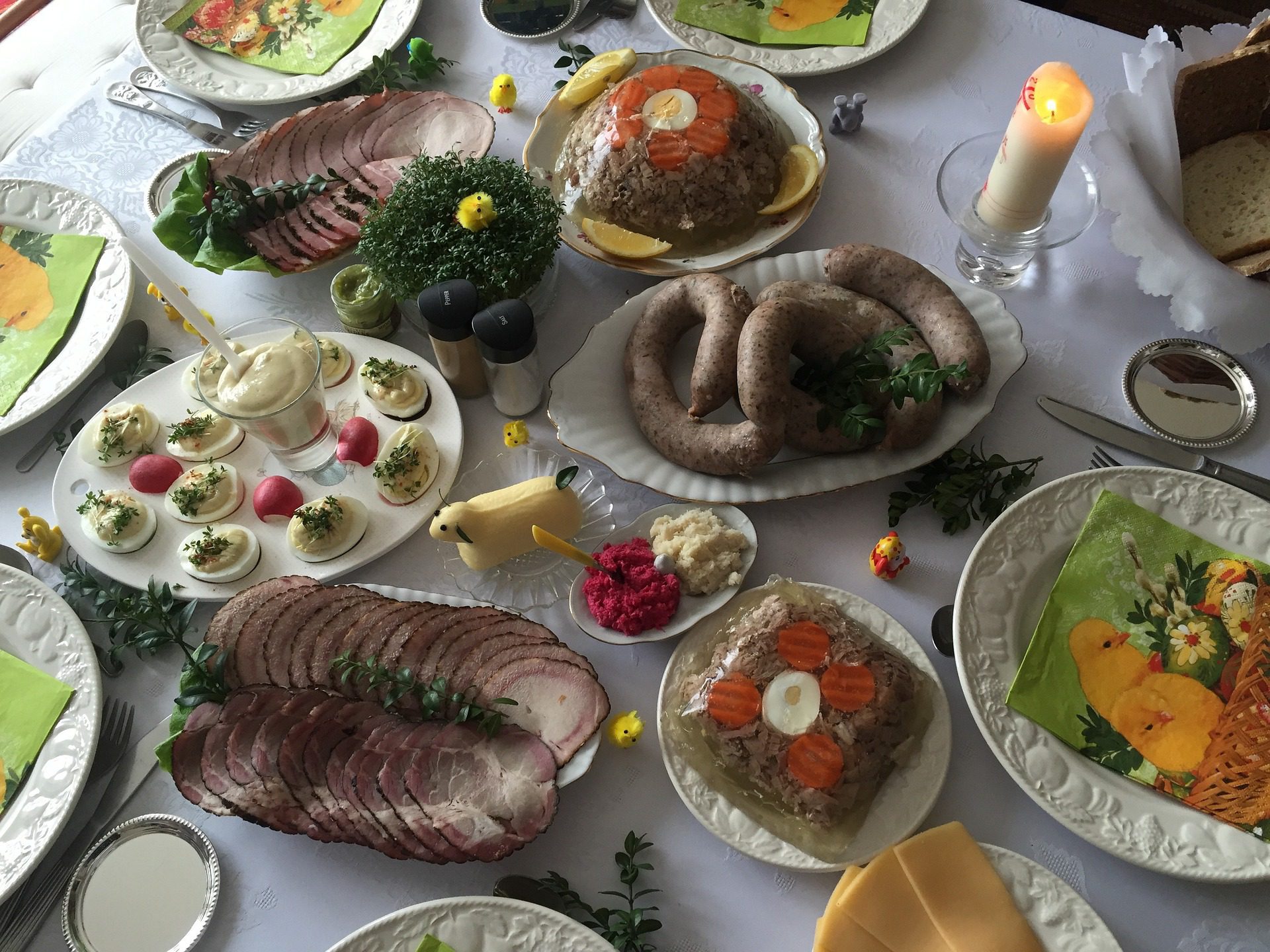
Public holidays
Welcome to our webpage about public holidays in Poland! Poland is a country rich in culture, history, and traditions, and its public holidays reflect this diversity. The country celebrates a range of national and religious holidays, each with its unique customs and significance. Whether you’re planning a trip to Poland or simply interested in learning more about the country, this webpage will provide you with a comprehensive guide to the public holidays observed in Poland. From the solemnity of All Saints’ Day to the joyful festivities of Easter and Christmas, we’ll take you on a journey through the most important holidays and their associated traditions. So come along and discover the vibrant world of Polish public holidays!
Special days
In Poland there are thirteen public holidays each year (holidays which are legally considered to be non-working days); however, there are many other special days in the calendar – in fact it seems that everyone has their own special day at times – ranging from Police Day to Dog’s Day.
Note that Catholic religious public holidays are widely observed in Poland. Stores, malls, and restaurants are likely to be closed or have very limited business hours on Easter, All Saints Day, Christmas Eve and Christmas.
If you are considering coming to Poland for dental treatment during public holidays, please check with your dental clinic whether they will be open for business on these days.
New Year’s Day
New Year’s Day, also simply called New Year or New Year’s, is observed on January 1, the first day of the year.
Epiphany
Epiphany, commonly known as Three Kings’ Day is on January 6. It celebrates the three wise men’s visit to baby Jesus and also remembers his baptism, according to the Christian Bible’s events.
Easter
Easter (Wielkanoc, Niedziela Wielkanocna), a moveable feast that happens in March or April. Like Christmas, it is primarily a meaningful Christian holiday. On the Saturday before Easter, churches offer special services in anticipation of the holiday, including blessing of food; children especially like to attend these services, bringing small baskets of painted eggs and candy to be blessed. On Easter Sunday itself, practicing Catholics go to the morning mass, followed by a celebratory breakfast made of foods blessed the day before. On Easter Sunday, shops, malls, and restaurants are commonly closed.

Lany Poniedziałek, or Śmigus Dyngus
Lany Poniedziałek, or Śmigus Dyngus, is the Monday after Easter, and also a holiday. It’s the day of an old tradition with pagan roots: groups of kids and teens wandering around, looking to soak each other with water. Often groups of boys will try to catch groups of girls, and vice versa; but innocent passers-by are not exempt from the game, and are expected to play along. Common ‘weapons’ include water guns and water balloons, but children, especially outdoors and in the countryside, like to use buckets and have no mercy on passers-by.
May Day
May 1st – This holiday is officially called State Holiday (Święto Państwowe). However, it is unofficially called Labor Day, and coincides with International Workers’ Day. It is also EU Accession Day marking the 2004 accession of Poland as a member of the European Union.
Constitution Day
Constitution Day falls on May 3rd, in remembrance of the Constitution of May 3rd, 1791. The document itself was a highly progressive attempt at political reform, and it was Europe’s first constitution (and world’s second, after the US). Following the partitions, the original Constitution became a highly poignant symbol of national identity and ideals. Today, May 3rd is a national holiday, often combined with the May 1 (Labor Day) into a larger celebration.
Pentecost
7th Sunday after Easter. As this holiday always falls on a Sunday, it is not widely known that it is considered a non-working day.
Corpus Christi
9th Thursday after Easter. This is a Catholic church Holiday.
Assumption of the Blessed Virgin Mary
August 15 – This is also Polish Armed Forces Day (Święto Wojska Polskiego), celebrating the battle of Warsaw in 1920.
All Saints Day
All Saints Day (Wszystkich Świętych), 1st of November. In the afternoon and evening, people visit graves of their relatives and light candles. After dusk cemeteries glow with thousands of lights and offer a very picturesque scene. If you have the chance, be sure to visit a cemetery to witness the holiday. Many restaurants, malls, and stores will either be closed or close earlier than usual on this holiday.
National Independence Day
National Independence Day (Narodowe Święto Niepodległości) is a public holiday celebrated every year on 11 November to commemorate Poland’s independence in 1918, after 123 years of partitions and occupation by Austria-Hungary, Germany and Russia. As with most other holidays, many businesses will be closed on this day.
Christmas Day
December 25
Second Day of Christmas
December 26
For further information about Poland, please visit our travel partner, the Poland Travel Agency.